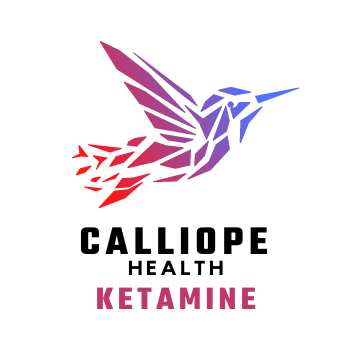I Need to Find an Addiction Counselor, But Where Should I Start?
Addiction is a complicated and pervasive issue that can affect anyone, regardless of age, gender, ethnicity, religion or occupation. It doesn’t matter if you are old or young: addiction knows no bounds. Addiction is also an inescapable disease which has been with us for centuries and will be with us in the future. A person who suffers from addiction needs help to get better and live a healthy life again; they need somebody on their side to fight alongside them during this challenging time.
Different Types of Addiction
When people think of addiction, many different images come to mind. Some people might think about abuse of illegal drugs like cocaine, heroin or methamphetamine. Others may think about the effects of drinking too much alcohol or smoking too many cigarettes. People often relate addiction to homelessness and prostitution because they are likely to see these people on the streets.
Sometimes, people might not even think about addiction as an actual disease because of the common stereotypes associated with addicts. However, the truth is that there are a number of different types of addictions and each one has a specific group of symptoms and behaviors which make it unique in its own way.
Signs and Symptoms
People who are addicted to drugs or alcohol will often develop a tolerance for the substance they are abusing. Over time, they have to keep taking more of the drug in order to get high. They may also suffer from withdrawal symptoms if they stop taking it suddenly.
Sometimes, people turn into addicts because they are suffering from an untreated mental illness. In this case, the addiction is a way for them to self-medicate and deal with depression or anxiety.
In other cases, people may have an issue with gambling which becomes so severe over time that it begins to take over their life. They neglect family and friends in favor of spending all their time and money on putting bets down.
Behaviors
Addicts tend to be secretive about their actions and will often hide the addiction from loved ones. They may also try to justify or rationalize their behavior when they are challenged by others about it. Addicts may even display aggression in order to get what they want when they are unable to acquire drugs or alcohol on their own.
Addicts often engage in risky behaviors when they are intoxicated or withdrawing from drugs and alcohol. They may drive drunk, engage in prostitution, rob someone of their money to buy more substances or partake in any number of other harmful activities.
Finding a Counselor
An addiction can’t simply be turned off like a switch; it is an illness which requires professional help.
An addiction counselor is a professional who, through experience and education, can help an addict find sobriety and stay clean. There are many different types of addiction counselors: some specialize in group counseling, others in family counseling or prevention, and yet others in intervention services or behavioral therapies.
There are many resources available to help addicts get the assistance they need, even if they don’t have insurance or access to health care. Many churches and community centers offer support groups for addicts and their families. You can also try contacting your insurance company or health care provider to find out about addiction counseling support in your area.
You can also check your local hospital or medical center for resources related to addiction treatment.
When you’re looking for an addiction counselor, it’s important that you find somebody who is qualified and experienced in treating your type of addiction. Different types of counselors have different specialties they focus on. For example, some may specialize in drug or alcohol abuse while others may focus on other types of addictions like gambling or sex addiction. In this way, it’s important that you find somebody who specializes in your particular issue so that they can provide the most effective treatment for you.

